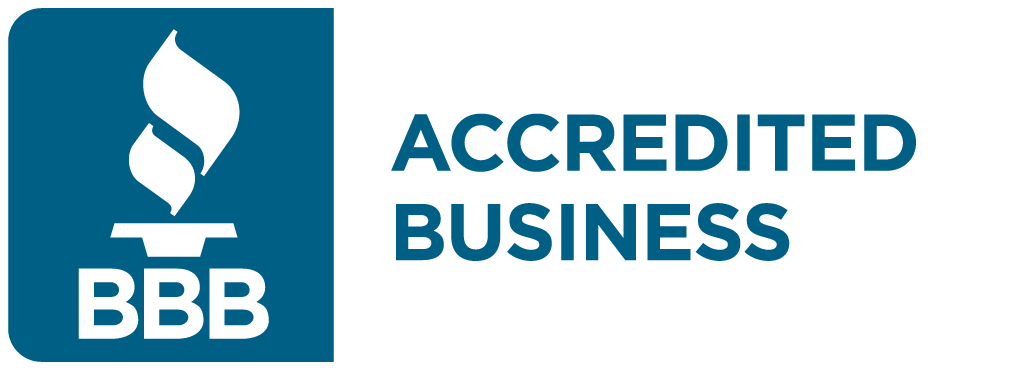Gather Letters of Reference for a Job Search
The Advantages Offered by Letters of Reference Versus a Contact Sheet
Written letters of reference provide candidates many advantages versus using a list of references with contact information. Letters of reference require more work on the part of the candidate but the return on the investment of time and effort is more than worth it. This article explains why it is such an advantage for the diligent candidates who use them.
Control the Message with Letters of Reference
When you only provide a list of names and contact information to an employer for them to contact, you open the doors to random events. You are never entirely sure what the reference will say when the employer calls. You likely have good reason to believe your reference will say good things. It would be foolish to select someone you know doesn’t like you or has reason to say bad things. Perhaps the caller caught them on a bad day, or at a time when they were terribly busy. Your reference tried to say good things about you but the tone sent mixed messages. The caller begins to have concerns.
Your reference will send the letter directly to you when you gather them ahead of time. This means they will take the time to say glowing things about you because they know you will read it. It also gives you the opportunity to follow up with them and ask for adjustments if something doesn’t convey the right message. References are people who want to help you and see you succeed. The letter will convey a stronger positive message about you than a verbal conversation in nearly every case.
Reference Letters Help Avoid Long Delays
A big downside of providing only a list of names and contact information is that it can often take quite a while to reach someone for a reference. The people you select for references are accomplished, busy people. You want their background to be impressive so their words carry extra weight. Sometimes it can take weeks of back and forth phone tag, or simply no replies. As a result, the person checking the reference can’t provide an answer to the hiring decision maker. The employer might hire another candidate because they couldn’t reach your references.
If you provide a glowing letter of reference ahead of time, the reference checker will often accept it as proof positive and not be too concerned with whether, or not, they were able to speak to the person. The call can often be much more concise when they do reach the reference as they just want to verify the letter is genuine and was written by the reference person.
Save Time for Your References
The references you selected are busy people. They want to help you, but they don’t want to field multiple phone calls to tie up their valuable time. The benefit to them of writing a letter for you is it improves your chances of winning the job sooner, meaning fewer reference calls for them. Additionally, the calls to check references are often shorter in duration because of the strong, positive letter.
Letters of Reference Improve Your Odds of Winning
One candidate shows up to the interview and performs well, leaving a list of references for the employer to contact. Another candidate shows up to the interview and performs well, sharing key details of strong letters of reference woven into her answers. She leaves a copy of each letter with the interviewer. Which candidate is more likely to win the job offer? Easy answer. The likely winner is the one who provided more value and stronger details of why she would be a great employee.
Solid letters of reference become good marketing materials for candidates. They can be used early in the process to positively influence the decisions of the interviewers. A list of names and contact information can only be used late in the process as a double check for a decision they have already made.
How to Ask for Letters of Reference
Select Whom toAsk
First, plan who you want to use as references. You will need at least 3-5 good ones. Choose people who know you and who would want to help you. Their title and level of interaction with you are important for the reader to gauge the strength of the reference.
Reach Out and Make the Ask
Many people struggle with asking someone for help. The fear of rejection or being viewed as a bother holds us back. Time to push past that. Reach out to your references to ask for their help. Most of the time they are happy to help. It will give them joy to know they helped you. Don’t think of the ask as a burden on them. Instead, you are helping them feel good about themselves for helping you. You can use email, phone, text or a combination of all. These are people you know well so they won’t be upset that you contacted them.
Make it Easy for Them
Offer to write a draft for them if it would be helpful to them. Most will appreciate this and readily accept your offer. Write the letter from their vantage point and don’t be shy. Send it to them to allow edits and changes as needed. Additionally, ask how you can be of help to them in some way. While they might not have an immediate item of need it’s always nice to offer and it makes it easier for you in the ask.
Thank Them and Follow Up
Lastly, be sure to sincerely thank them for their help. This is their reward and it will truly make them feel great. Once you land the new job be sure to follow up to share the good news and thank them again for playing an important part.
Key Elements of an Effective Reference Letter
Greeting
The old fashioned “To whom it may concern” is acceptable but not as up to date as something like “Executive Hiring Team”. You want to keep it general so your letter can be used with multiple opportunities.
Introductory Paragraph
The opening paragraph should be concise. It’s just introducing who the writer is, why he is writing and how he knows the candidate for whom he is providing the reference.
The Supporting Paragraph
The second paragraph contains the main points of the reasons the reference believes the candidate would be a good employee. It should contain 4-6 specific strengths and perhaps a few short examples of those strengths being exemplified.
The Closing Paragraph
The closing paragraph should be concise. It should restate that the candidate would a valuable member of any team. The writer should invite the reader to contact them should they have any questions.
Signature
Ideally, you want the letter to be signed by the writer as it makes it appear more authentic.
Letterhead
If possible, you want the letter to be on letterhead from the writer’s employer. Some will use a personal stationary letterhead versus their employer which still adds credibility to the letter.
How to Proactively Use Letters of Reference in the Interview Process
Phone Interviews
When you schedule a phone interview, the interviewer will usually provide an email address and request your resume. Send your letters of reference along with your resume ahead of the phone interview. If they already have your resume, send them the letters under the auspices of providing more supporting information about you.
On-site Interviews
Take multiple copies of your letters of reference with you when you go to on-site interviews. When you first get started and are introducing yourself to the interviewer, offer not only a copy of your resume, but also the full packet of your letters of reference.
Highlight Key Points During the Interview
When answering questions in the interview process you can highlight strong quotes from your letters of reference to back up your points. “You will see in my letter from Mary Baker where she talks about my leadership skills, which illustrates my abilities to build and lead strong teams to high levels of performance.”
Conclusion
Letters of reference provide much more value to you as a candidate than simply supplying a list of names with contact information. You can control the message, proactively influence the decision ahead of time and your references are burdened less than if they are called multiple times by employers. Gathering the letters of reference does require more work on the front end for you. However, the candidates who put in the work can more easily separate themselves from their competitors in the interview process and more often claim the prize.
About Endeavor Agency
Endeavor Agency is the nation’s leading company helping individual executives, VPs, senior managers, professionals, and physicians find the jobs they truly want. Our additional resources, expertise, and career change specialists help our clients uncover more and better job opportunities than what they could access on their own.
Endeavor Agency helps rebrand clients to effectively communicate their value throughout the interview process and increase their odds dramatically of winning offers. Additionally, Endeavor Agency helps clients achieve better results in negotiating the terms of their employment agreements.
Endeavor Agency also provides executive coaching, outplacement services, and business consulting services. Endeavor can also help guide executives focused on the private equity and venture capital market segments.











